Discover a serene eco-friendly paradise with organic farming, pristine beaches, and exceptional marine life
Located in Alifu Dhaalu Atoll, Mandhoo Island is a hidden gem that offers visitors a unique blend of natural beauty, sustainable living, and tranquility. This serene island stands out for its commitment to eco-friendly practices, organic farming, and pristine natural environment.
What makes Mandhoo special is its dedication to sustainability and harmony with nature. Unlike more developed islands, Mandhoo has maintained a delicate balance between tourism and environmental conservation. The island is known for its organic farms that supply fresh produce to nearby resorts, its untouched beaches with crystal-clear waters, and its vibrant house reef teeming with marine life.
Beyond its eco-credentials, Mandhoo boasts some of the most beautiful beaches in the atoll, exceptional snorkeling and diving opportunities, and a peaceful atmosphere that provides a genuine escape from the hustle and bustle of modern life. The island's small size and limited development create an intimate experience where visitors can truly connect with nature and experience the authentic side of the Maldives.
Mandhoo Island is located in the western part of Alifu Dhaalu Atoll (South Ari Atoll), approximately 85 kilometers southwest of Male. The island occupies a picturesque position within the atoll, surrounded by crystal-clear waters and vibrant coral reefs.
The island's location provides excellent access to some of the atoll's best dive sites and marine protected areas. Its position also offers beautiful views of the sunset and a sense of seclusion that many travelers seek in the Maldives.
Mandhoo Island has gained recognition for its commitment to sustainable practices and eco-friendly initiatives. The island serves as a model for how tourism and environmental conservation can coexist harmoniously in the delicate Maldivian ecosystem.
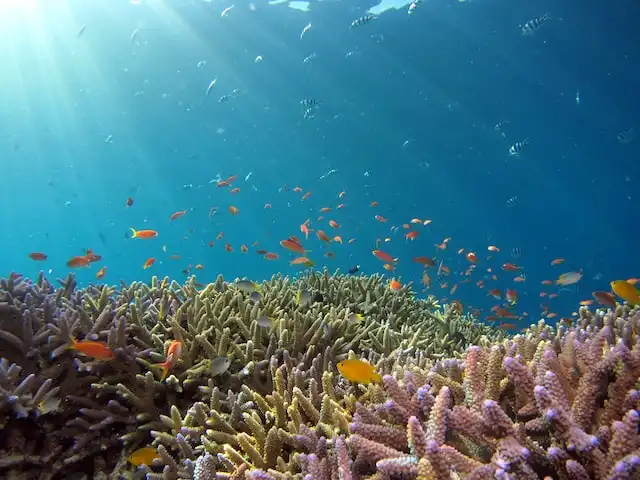
The island community actively participates in coral restoration projects, beach clean-ups, and marine conservation initiatives. These efforts help preserve the fragile ecosystem surrounding the island.

Many establishments on Mandhoo utilize solar power and other renewable energy sources, reducing the island's carbon footprint and dependence on imported fossil fuels.

The island implements rainwater harvesting systems and careful water management practices to conserve this precious resource, complementing traditional desalination methods.

Mandhoo has implemented comprehensive waste management systems, including composting organic waste for use in local farms and reducing single-use plastics across the island.
Visitors to Mandhoo can participate in various eco-friendly activities:
These experiences not only enrich your stay but also contribute positively to the island's conservation efforts.
Mandhoo's guesthouses and small hotels embrace eco-friendly practices:
These accommodations allow visitors to enjoy comfort while minimizing their environmental footprint.
One of Mandhoo's most distinctive features is its thriving organic farming industry. The island has become known throughout the Maldives for its sustainable agricultural practices and high-quality produce that supplies both local needs and nearby luxury resorts.
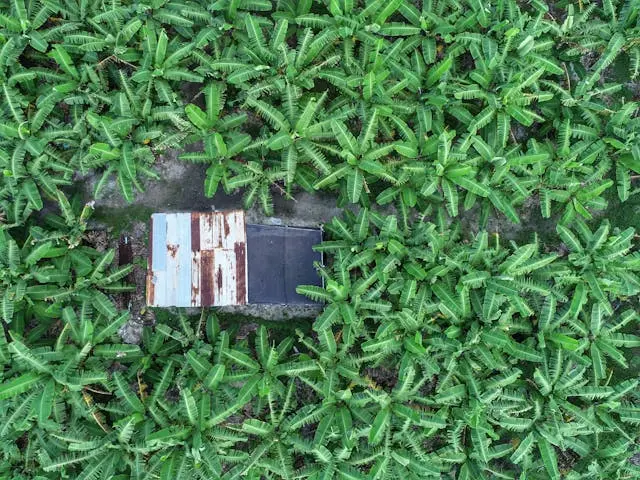
Mandhoo's farms utilize traditional and modern organic farming techniques to grow a variety of fruits, vegetables, and herbs in the challenging island environment, creating a sustainable local food source.
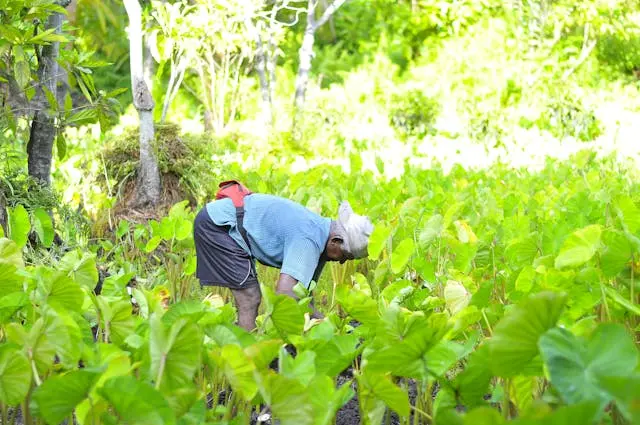
The island produces an impressive variety of organic crops including leafy greens, tomatoes, cucumbers, eggplants, papayas, bananas, coconuts, and various herbs and spices used in traditional Maldivian cuisine.
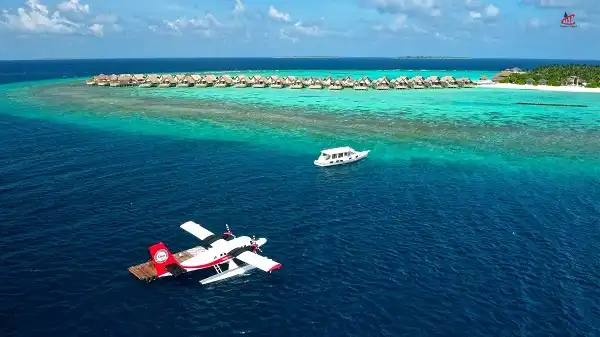
Several luxury resorts in South Ari Atoll have established partnerships with Mandhoo farmers, featuring the island's organic produce in their fine dining restaurants and promoting farm-to-table dining experiences.
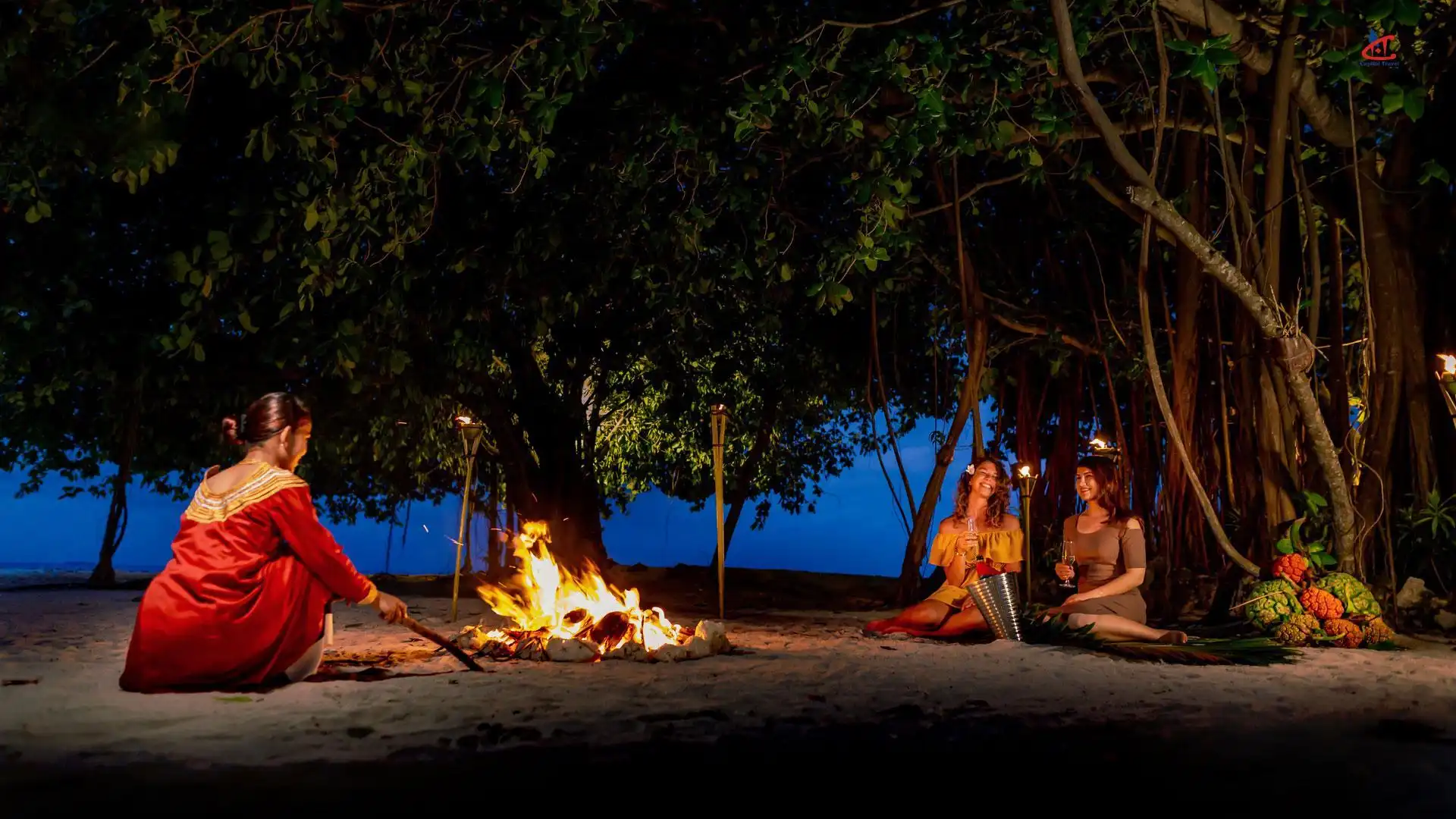
Visitors can participate in cooking classes using freshly harvested ingredients, learning traditional Maldivian recipes and modern culinary techniques that showcase the island's organic produce.
Mandhoo farmers have developed specialized techniques to overcome the challenges of island agriculture:
These methods have allowed the island to create a sustainable agricultural system despite limited space and resources.
Visitors to Mandhoo can engage with the island's agricultural heritage:
These experiences provide insight into how small island communities can work toward food security and sustainability.
Mandhoo offers a select range of accommodation options that emphasize sustainability, comfort, and authentic experiences. While the choices are more limited than on larger islands, the quality and character of the available lodging perfectly complement the island's eco-friendly ethos.

Several family-run guesthouses offer comfortable rooms built with sustainable materials and designed to minimize environmental impact. These properties typically feature natural ventilation, energy-efficient systems, and organic gardens that supply their kitchens.
Price Range: $50-80 per night
Features: Eco-friendly design, organic meals, cultural experiences, guided nature tours

A few upscale properties offer a more refined eco-experience with thoughtfully designed accommodations that blend into the natural environment. These lodges typically feature private gardens, outdoor showers using collected rainwater, and farm-to-table dining experiences.
Price Range: $100-150 per night
Features: Sustainable luxury, private outdoor spaces, personalized service, wellness activities

For travelers seeking an authentic cultural experience, several families offer homestay accommodations where guests can live alongside local residents. These experiences provide unique insights into daily island life, traditional cooking, and sustainable living practices.
Price Range: $30-60 per night
Features: Cultural immersion, home-cooked meals, participation in daily activities, family atmosphere
Mandhoo offers basic but sufficient facilities for visitors, with an emphasis on sustainable infrastructure that minimizes environmental impact while meeting essential needs.
The island has a few small shops selling basic necessities, locally made crafts, and some souvenirs. These family-run stores offer a glimpse into daily island life and support the local economy.
Most meals are provided by guesthouses using locally grown organic produce. There are also a couple of small cafés serving traditional Maldivian dishes and fresh seafood caught by local fishermen.
The island has a basic health center for minor medical needs. For serious conditions, evacuation to Mahibadhoo (the atoll capital) or Male may be necessary.
Wi-Fi is available at most accommodations, though connection speeds may be slower than on more developed islands. Mobile coverage is generally good with both Dhiraagu and Ooredoo networks.
The island combines rainwater harvesting, groundwater wells, and small-scale desalination to provide clean water. Many properties filter their water for drinking or provide bottled water.
Electricity is available 24 hours, with an increasing portion coming from solar power. Many establishments use energy-efficient appliances and natural cooling to reduce consumption.
A small harbor serves fishing boats and transfer vessels. The jetty provides access for arrivals and departures, though sea conditions can occasionally affect transfers.
The island has implemented progressive waste management systems including composting of organic waste for farms, recycling programs, and initiatives to reduce single-use plastics.
Mandhoo is blessed with some of the most pristine and unspoiled beaches in Alifu Dhaalu Atoll. The island's limited development and commitment to conservation have helped preserve the natural beauty of its shorelines and surrounding marine environment.
Mandhoo has a designated "bikini beach" on the eastern side of the island where tourists can wear Western-style swimwear. This beautiful stretch of powdery white sand features crystal-clear turquoise waters and natural shade from palm trees. The beach is rarely crowded, offering a peaceful environment for swimming and sunbathing.
The island is surrounded by beautiful beaches, though visitors should note that modest dress is required on public beaches outside the designated bikini beach area. The western beaches offer particularly spectacular sunset views that paint the sky in vibrant hues of orange, pink, and purple.
One of Mandhoo's greatest treasures is its vibrant house reef, accessible directly from the shore. The reef is particularly healthy due to local conservation efforts and limited boat traffic. Snorkelers can observe a diverse array of marine life including colorful reef fish, rays, reef sharks, and occasionally turtles. The clear waters provide excellent visibility, making for rewarding underwater exploration even for beginners.


The waters around Mandhoo Island offer exceptional marine biodiversity, making it a paradise for snorkelers and divers:
Mandhoo's location in Alifu Dhaalu Atoll provides access to some of the Maldives' most renowned diving areas, making it an excellent base for underwater enthusiasts who appreciate pristine marine environments.
Mandhoo offers a range of activities that emphasize connection with nature, cultural experiences, and sustainable tourism. The island's peaceful atmosphere and natural beauty provide the perfect backdrop for meaningful and environmentally responsible adventures.


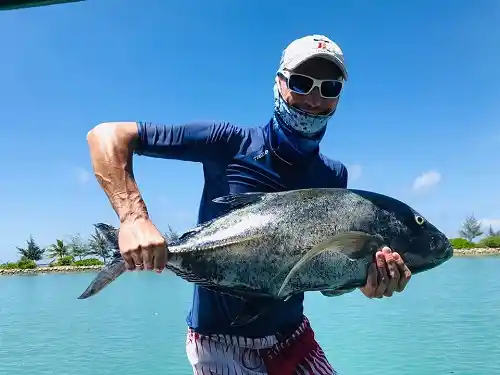

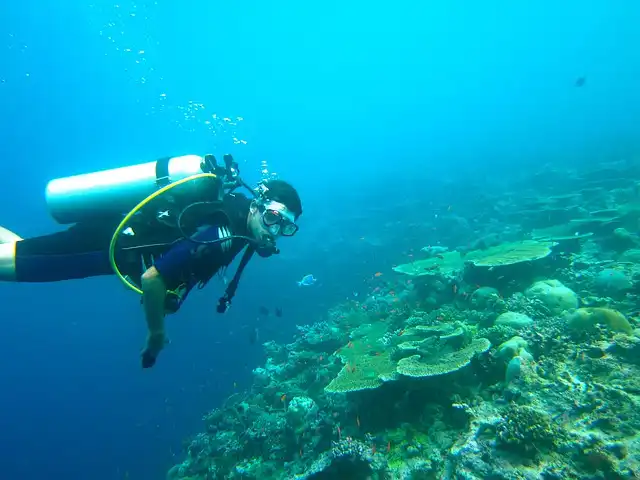
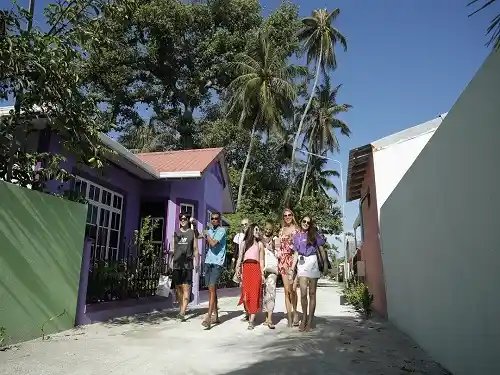
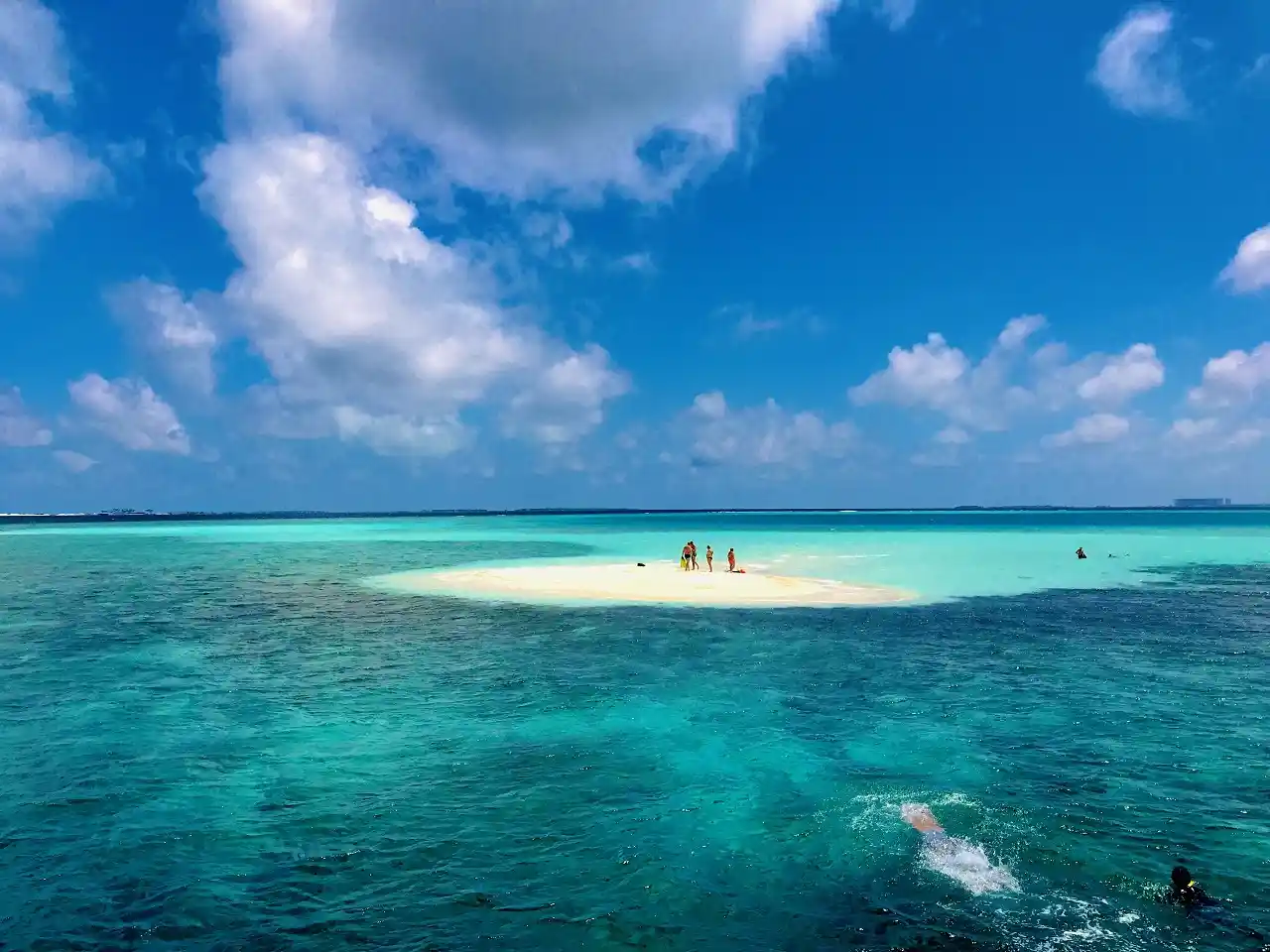

Mandhoo's community of approximately 500 residents represents a close-knit society that has maintained traditional Maldivian values while embracing sustainable practices and eco-friendly innovations. This unique blend creates a welcoming environment for visitors interested in authentic cultural experiences.
Life on Mandhoo revolves around fishing, farming, and increasingly, sustainable tourism. Many residents work in traditional occupations like fishing and boat building, while others tend the organic farms or work in tourism-related services. The pace of life is unhurried, with daily routines often following the rhythm of prayer times and tides.
Mandhoo preserves many traditional Maldivian customs and cultural practices. Religious festivals like Eid are important community events, while cultural practices such as Boduberu performances (traditional drumming and dancing) remain vibrant. The island is known for its skilled craftspeople who create traditional items like lacquerware, woven mats, and model dhonis (traditional Maldivian boats).
What makes Mandhoo's community special is its strong environmental ethic and collaborative approach to sustainability. The island has embraced eco-friendly practices not just as a tourism strategy but as a way of life. Community-led initiatives in conservation, waste management, and sustainable agriculture demonstrate a collective commitment to preserving the island's natural beauty for future generations.
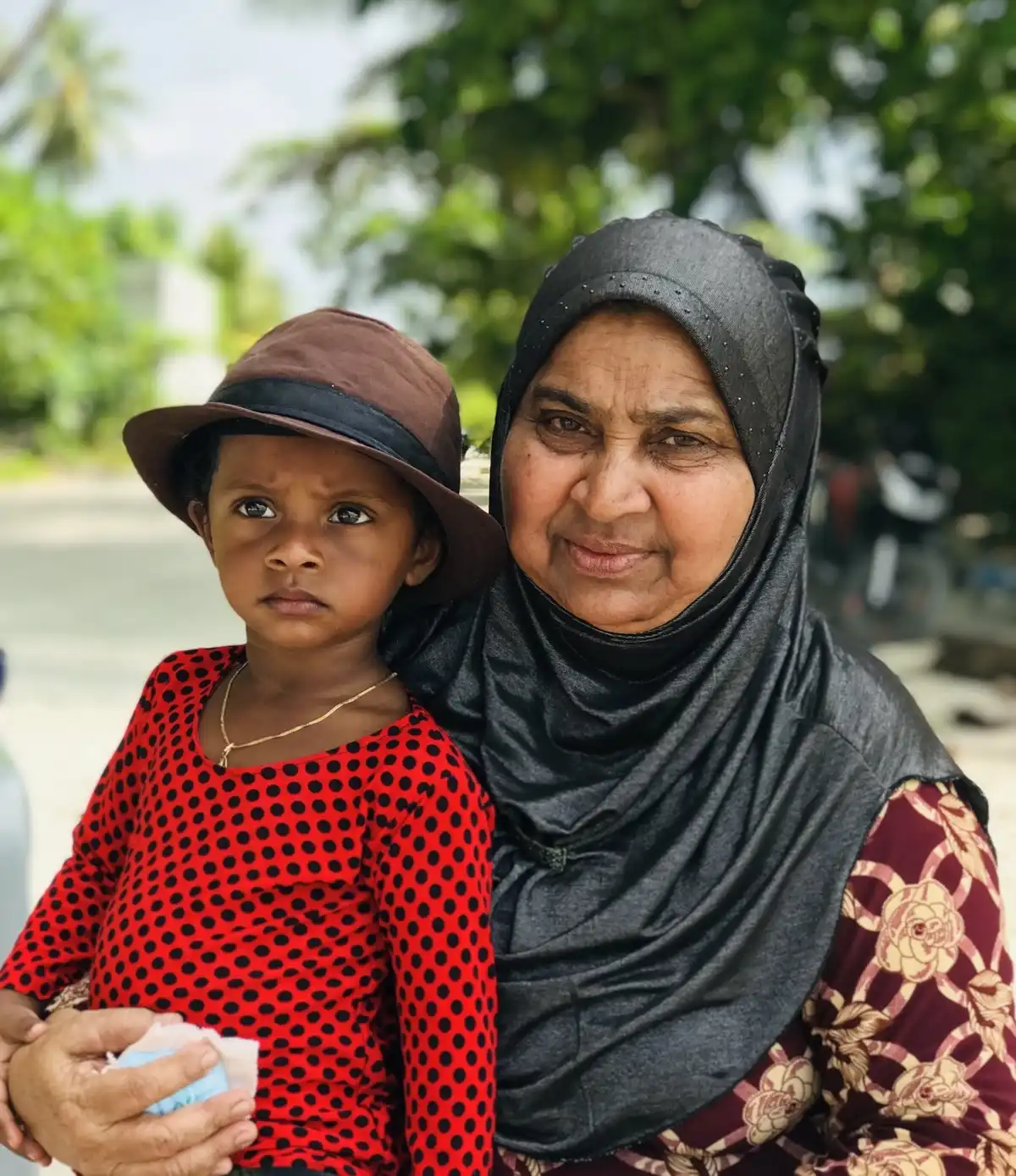
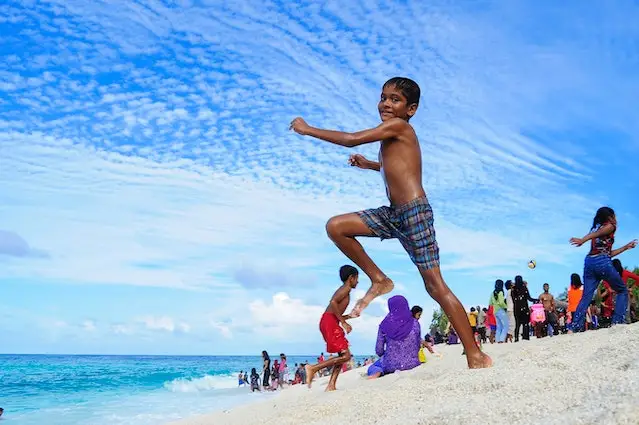
Hear what previous visitors have to say about their stay on Mandhoo Island:
Mandhoo was exactly what we were looking for - a peaceful, authentic island experience with a strong focus on sustainability. We stayed at an eco-guesthouse for a week and were amazed by how the island has embraced environmental practices. The organic farm tour was fascinating - seeing how they grow such a variety of produce on a small island was impressive. Our host arranged snorkeling trips to the house reef, which was teeming with fish and healthy coral. What made our stay special was connecting with the local community. Everyone was welcoming and eager to share their knowledge about sustainable living. The meals were incredible - all fresh, local ingredients prepared in traditional Maldivian style. If you're looking for nightlife and luxury, this isn't the place, but if you want a genuine experience that's gentle on the environment, Mandhoo is perfect. We left feeling refreshed and inspired by the island's approach to sustainable tourism.
As a marine biologist, I chose Mandhoo for its reputation for conservation and healthy reefs, and it exceeded my expectations. The house reef was one of the healthiest I've seen in the Maldives, with impressive coral coverage and biodiversity. I stayed in a small guesthouse run by a local family who were incredibly knowledgeable about marine life and conservation efforts. They arranged several snorkeling and diving trips, including one to see whale sharks in the nearby marine protected area. What impressed me most was the community's commitment to protecting their environment - from beach clean-ups to coral restoration projects. The island itself is beautiful and peaceful, with pristine beaches and clear waters. The accommodations were simple but comfortable, and the food was delicious - mostly caught or grown on the island. If you're interested in marine conservation or just want to experience a healthy reef ecosystem, Mandhoo is an excellent choice. It's a reminder of what the Maldives can be when local communities prioritize sustainability.
Discover the perfect balance of eco-friendly practices, pristine nature, and authentic Maldivian culture on Mandhoo Island. Book your stay today for a meaningful and responsible island experience.
Plan Your TripMandhoo Island is accessible via several transportation options. The public ferry from Male operates three times a week (Sunday, Tuesday, and Thursday), departing at 9:00 AM and arriving at Mandhoo around 2:30 PM. The journey takes approximately 5.5 hours and costs about $3-5 per person. Speedboat transfers are faster (about 2.5-3 hours) but more expensive (around $50-60 per person) and can be arranged through your guesthouse or a travel agency. For the quickest option, you can take a domestic flight to Maamigili Airport (about 20-25 minutes), followed by a 30-40 minute speedboat transfer to Mandhoo. This combined journey takes about 1-1.5 hours total but costs around $120-150. Some guesthouses also offer private transfers for a higher fee. When planning your journey, consider that sea conditions can occasionally affect boat transfers, so it's advisable to have some flexibility in your schedule.
The best time to visit Mandhoo Island is during the northeast monsoon (December-April), which generally provides the best overall weather conditions with less rainfall, lower humidity, and calmer seas. This period is ideal for snorkeling, diving, and beach activities. The water visibility is excellent during these months, making it perfect for marine life observation. The southwest monsoon (May-November) may have occasional rain showers but still offers many sunny days, fewer tourists, and lower prices. For farm tours and agricultural experiences, the period from January to March is particularly good as many crops are flourishing. Water temperature remains warm (27-30°C/80-86°F) year-round, making Mandhoo a viable destination throughout the year. If you're interested in whale shark sightings in nearby areas, the period from January to April is best. For the most peaceful experience, avoid the peak holiday seasons of December-January and July-August when accommodations may be more limited.
Mandhoo stands out from other local islands in the Maldives primarily because of its strong focus on sustainability and organic farming. While many local islands offer authentic cultural experiences, Mandhoo has developed a unique identity centered around eco-friendly practices and environmental conservation. The island's organic farms supply fresh produce to nearby luxury resorts, creating an unusual farm-to-table economy that's rare in the Maldives. Mandhoo has implemented more comprehensive sustainability initiatives than most local islands, including renewable energy, water conservation, and waste management systems. The marine environment around Mandhoo is particularly well-preserved, with healthier coral and more abundant marine life than many more developed areas. The island offers a more tranquil experience with fewer tourists than popular local islands like Maafushi or Dhiffushi. Visitors to Mandhoo can participate in unique experiences like organic farm tours, conservation activities, and sustainable living workshops that aren't widely available elsewhere. This combination of environmental consciousness, agricultural focus, and pristine natural beauty makes Mandhoo a distinctive destination for travelers seeking a more meaningful and responsible Maldivian experience.
Mandhoo Island offers a select range of accommodation options that emphasize sustainability and authentic experiences. Eco-guesthouses are the most common option, providing comfortable rooms built with sustainable materials and designed to minimize environmental impact. These family-run establishments typically feature natural ventilation, energy-efficient systems, and organic gardens that supply their kitchens. Prices range from $50-80 per night, usually including meals. A few boutique lodges offer a more refined eco-experience with thoughtfully designed accommodations that blend into the natural environment. These properties typically feature private gardens, outdoor showers using collected rainwater, and farm-to-table dining experiences, with prices ranging from $100-150 per night. For travelers seeking an authentic cultural experience, several families offer community homestays where guests can live alongside local residents. These experiences provide unique insights into daily island life, traditional cooking, and sustainable living practices, with prices ranging from $30-60 per night. Most accommodations offer package deals that include meals, transfers, and activities. It's important to note that options are limited due to the island's small size and commitment to sustainable tourism, so booking well in advance is recommended, especially during high season (December-April).
The waters around Mandhoo offer exceptional marine biodiversity, making it a paradise for underwater enthusiasts. The island's house reef is particularly healthy due to local conservation efforts and limited boat traffic, featuring impressive coverage of both hard and soft coral species. Snorkelers and divers can regularly observe abundant reef fish including parrotfish, angelfish, butterflyfish, triggerfish, and fusiliers. Blacktip reef sharks are commonly seen, especially in the early morning and late afternoon, often swimming in the shallows near the beach. The area has a resident population of hawksbill and green sea turtles that can frequently be spotted feeding on coral reefs. Various ray species including eagle rays and stingrays are often seen gliding over sandy areas. Moray eels, octopuses, and various crustaceans inhabit the reef crevices, rewarding patient observers. Mandhoo's proximity to the South Ari Marine Protected Area means that excursions to see whale sharks are possible, particularly from January to April. The waters around Mandhoo have experienced minimal coral bleaching compared to more heavily trafficked areas, resulting in healthier and more colorful reef systems. The combination of a well-preserved house reef and access to renowned dive sites in Alifu Dhaalu Atoll makes Mandhoo an excellent base for underwater exploration.